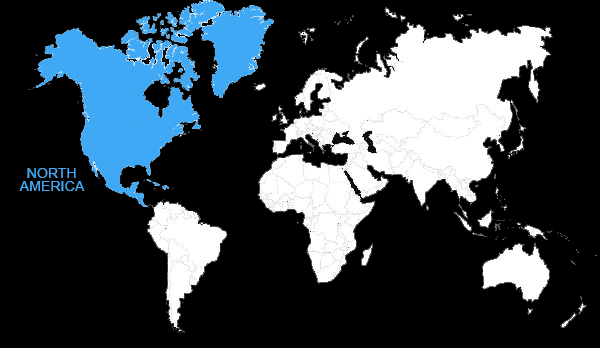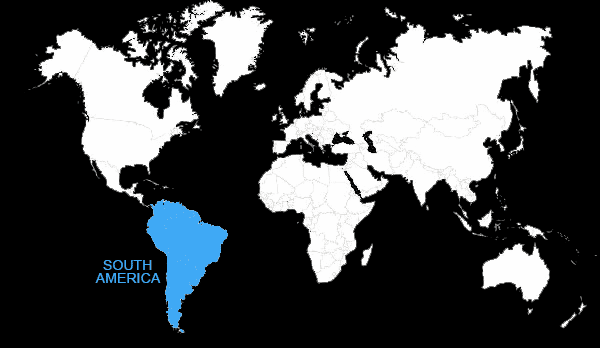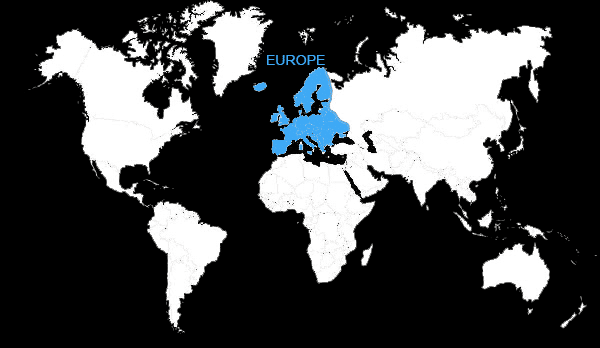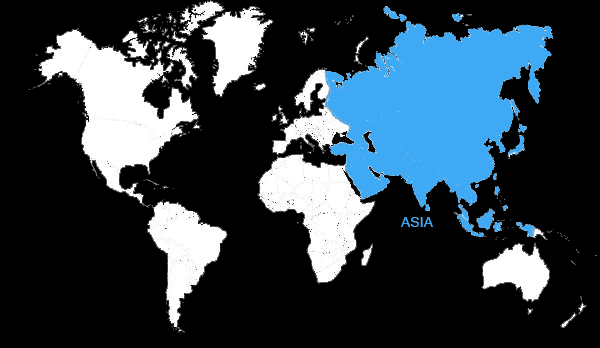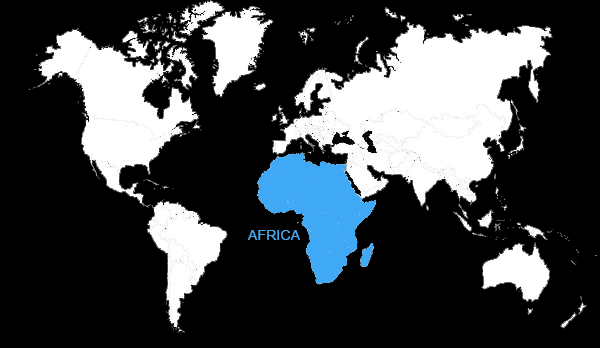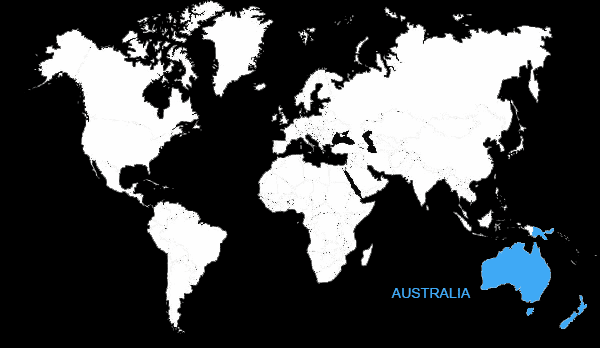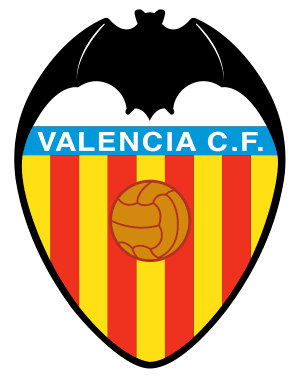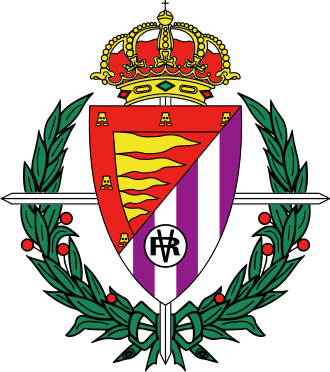UD Almeria Tryouts & Club Guide: History, Stadium, Players, and More!

Welcome!
Discover the world of soccer with fcscout.com, your go-to scout for club tryout information, club guides, player profiles, in-depth product reviews, and more. We’re dedicated to exploring and revealing the best in each domain, empowering you with knowledge to make informed choices.
Thank you for being here!
Hi, I’m Carlos! A coach, sports enthusiast, and the founder of FCScout.com.
I fell in love with the game at a very young age like many of you. I’ve been following and playing soccer for many years.
Throughout my career, I always enjoyed helping soccer players chase their dreams, which is why I started this website. I wanted to reach a larger audience outside of my local area and fcscout.com was born.
This website is a platform I will be using to update club pages on any tryouts, stadiums, players, tech, and more from clubs around the world. I also create free recruitment profiles for players looking to have that extra competitive edge when reaching out to clubs.
That’s it. That’s my pitch for you to stick around (or browse the site as you please).
This is already too much text for a “see more” drop-down button thing. If you want to reach out to me, head on over to my contact page 🙂

Unión Deportiva Almería, commonly referred to as Almeria, is a Spanish professional football club in Almería, Spain. The club competes in La Liga, the top flight of Spanish football.
UD Almeria Youth Development System
UD Almeria has several youth academy teams in its youth development system. These teams include:
- UD Almeria B
- Juvenil A
- Juvenil B
- Cadet A
- Cadet B
- Infantil A
- Infantil B
- Alevi A

UD Almeria Recruitment Trials
At the time of this writing, there are no official publishings on UD Almeria trials. Please come back at a later date while we monitor this club or click here to visit their official youth academy news page for the latest updates.
EXPLORE MORE CLUBS!
Explore more professional clubs by continent.
UD Almeria History
El Almera Foot-Ball Club was the first football club to be established in the city of Almera and it was established in 1909. Since that time, a number of other football clubs in Almera have emerged and vanished. One of them was a club known as AD Almera, which competed in La Liga from 1979 to 1981 but then disbanded the following year; UD Almera might be considered to have been its predecessor.
In 1989, a club named Almería Club de Fútbol was formed, but in 2001 was renamed Unión Deportiva Almería. The mayor of Almera, Santiago Martinez Cabrejas, made the announcement to the city council on January 19, 2001 that the new club UD Almera had been founded as a result of the merging of two local teams, Polideportivo Almera and Almera CF. The announcement was made by the mayor of Almera. However, UD Almera did not become an official entity until the General Meeting of Shareholders of Almera CF on June 28, 2001. This vote authorized the rebranding of the company. After spending one season competing in the second division, it was demoted to the third and fourth divisions respectively the following season.
After playing in the second division for a number of years, the Almera side earned promotion to the top flight for the first time after placing second in the championship during the 2006–07 campaign. The team finished the 2007–08 season in eighth position in the league after turning in a number of impressive performances, including a 3–0 victory on the road against Deportivo de La Corua in the league’s opening match. While striker lvaro Negredo concluded the season as the team’s leading scorer with 13 goals, the club was led by head coach Unai Emery.
Gonzalo Arconada took over as manager of the team after Emery left to become the head coach at Valencia CF. However, on December 21, 2008, he was let go due to a streak of poor results, despite the fact that the team never made it into the final three. Mexican Hugo Sánchez was hired for the position, and he performed marginally better to finish in the middle of the table.
For the first time in the club’s history, Almera advanced to the semifinals of the Copa del Rey during the 2010–11 season.
In the league, however, the club was finally relegated after a four-year spell in the top flight; in November 2010, coach Juan Manuel Lillo was fired after a 0–8 home loss against FC Barcelona (exactly the same team that ousted the Andalusians in the domestic cup’s last-four, with the same score, but on aggregate).
The same thing happened to his successor José Luis Oltra in April of 2011, as it did to him. Roberto Olabe has taken over in his place.
After spending the previous two years playing in the second level of Spanish football, Almera earned promotion to the top division on June 22, 2013, when they prevailed against Girona FC in the play-offs. After Javi Gracia left his position as manager of the club, Francisco Javier Rodrguez Vlchez, a former player for the club and the manager of the reserves at the time, was promoted to the position. The team eventually managed to survive the season and finished in the 16th position.
When accumulating just two points out of a possible 24, Juan Ignacio Martinez succeeded Francisco as manager after he was fired from his position in December of 2014.
In addition, “JIM” was only in place until April of the year after that, and despite having a new manager in Sergi Barjuán, the team nevertheless finished in 19th place and was demoted.
Almera finally avoided the tough fight for the permanence in Segunda División until the very last matches of the 2018–19 season. This fight had been going on for the previous three seasons. This time, they were able to get much closer to the promotion play-offs to La Liga, and they ended up finishing 10th out of the 22 teams who participated.
As of the 2nd of August in the year 2019, Turki Al-Sheikh took over as the new owner of the club, succeeding Alfonso Garabarrón. He appointed Mohamed El Assy as general director, Dario Drudi as sporting director, who took over for Miguel ngel Corona, and Pedro Emanuel took over as manager from Juan Fernández. He also appointed Mohamed El Assy as general director. On the 5th of November in the year 2019, it was revealed that Guti would be succeeding Emanuel. On June 26, 2020, his employment was terminated, and Mario Silva was appointed in his place. Mario Silva, in turn, was succeeded by José Gomes on July 27.
UD Almera (Mohamed El Assy) and the Ayuntamiento de Almera (Ramón Fernández-Pacheco Monterreal) reached an agreement in August 2021 to enter into a lease for the operation of the municipally-owned Estadio de los Juegos Mediterráneos for a duration of 25 years. The lease was signed by both parties.
After playing in the second tier for the previous seven years, the club finally earned promotion to the first division in June 2022. They did this by finishing in first place in the standings on the very last match day of the season, which allowed them to earn promotion.
UD Almeria Stadium
Almera, Spain is home to Power Horse Stadium, a stadium that serves a variety of functions). It is the home stadium for UD Almera and has a capacity of 15,274 spectators.
The municipality of Almera footed the bill for the stadium, which opened on July 31, 2004, and was initially constructed for the 2005 Mediterranean Games. It is estimated that the stadium cost approximately 21 million euros to build.
It eventually took the place of Estadio Municipal Juan Rojas as the primary venue for UD Almera’s home games, while Estadio Municipal Juan Rojas became the training ground for the club’s reserve squad.
After Almera’s promotion to La Liga, the capacity of the stadium was increased from 15,000 to 21,350 seats. Since 2012, the club has been utilizing additional seating behind the goals in order to prevent the usage of the portion of the stadium that is located the farthest from the actual playing surface. Because of this configuration, the capacity is now just 15,274 individuals. The Ayuntamiento de Almera reached an agreement with UD Almera in August 2021 to hand over the responsibility of running the stadium to UD Almera for a term of 25 years.

